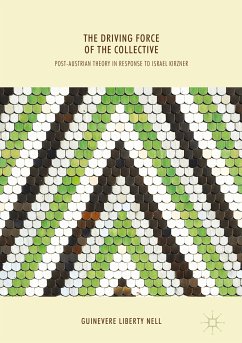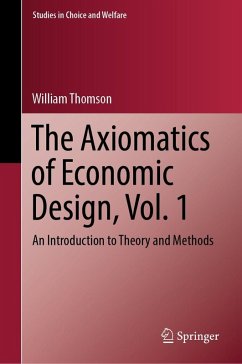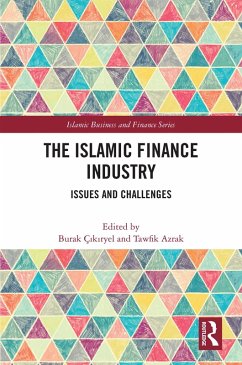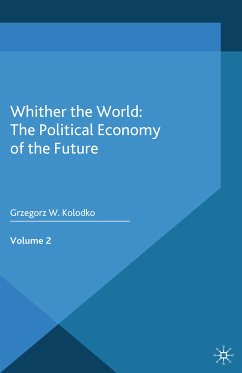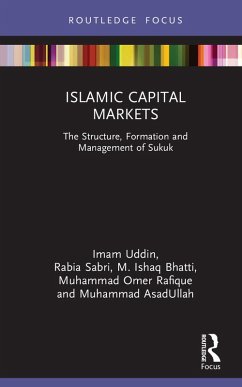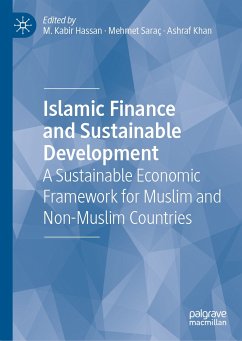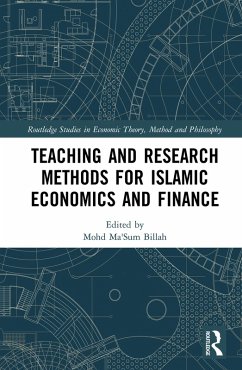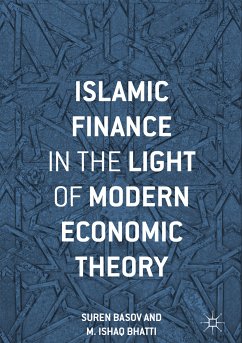
Islamic Finance in the Light of Modern Economic Theory (eBook, PDF)
Versandkostenfrei!
Sofort per Download lieferbar
60,95 €
inkl. MwSt.
Weitere Ausgaben:

PAYBACK Punkte
30 °P sammeln!
This book provides researchers and students with an understanding of the basic legal tenets of the Islamic finance industry, studying the real economic effects of those tenets using the tools of the modern economic theory. Split into four parts, the book begins with an introduction to the history and a legal framework for Islamic banking, covering typical Islamic financial products such as Sukuk and Takaful and examining the structure of Islamic financial institutions. It then analyzes and discusses the Miller-Modigliani Theorem, which is of direct relevance to Islamic banks which are prohibit...
This book provides researchers and students with an understanding of the basic legal tenets of the Islamic finance industry, studying the real economic effects of those tenets using the tools of the modern economic theory. Split into four parts, the book begins with an introduction to the history and a legal framework for Islamic banking, covering typical Islamic financial products such as Sukuk and Takaful and examining the structure of Islamic financial institutions. It then analyzes and discusses the Miller-Modigliani Theorem, which is of direct relevance to Islamic banks which are prohibited to charge interest and often have to rely of profit-loss sharing agreements. Part III of the book introduces the reader to modern mechanism design theory, paying particular attention to optimal contracting under hidden action and hidden information, and final part of the book applies the tools of economic theory to understand performance of Islamic financial institutions such as Islamic banks and Takaful operators.
Islamic Finance in Light of Modern Economic Theory brings together all the necessary technical tools for analyzing the economic effects of Islamic frameworks and can be used as an advanced textbook for graduate students who wish to specialize in the area, as a reference for researchers and as a tool to help economists improve the design of Islamic financial institutions.
Islamic Finance in Light of Modern Economic Theory brings together all the necessary technical tools for analyzing the economic effects of Islamic frameworks and can be used as an advanced textbook for graduate students who wish to specialize in the area, as a reference for researchers and as a tool to help economists improve the design of Islamic financial institutions.
Dieser Download kann aus rechtlichen Gründen nur mit Rechnungsadresse in A, B, BG, CY, CZ, D, DK, EW, E, FIN, F, GR, HR, H, IRL, I, LT, L, LR, M, NL, PL, P, R, S, SLO, SK ausgeliefert werden.



